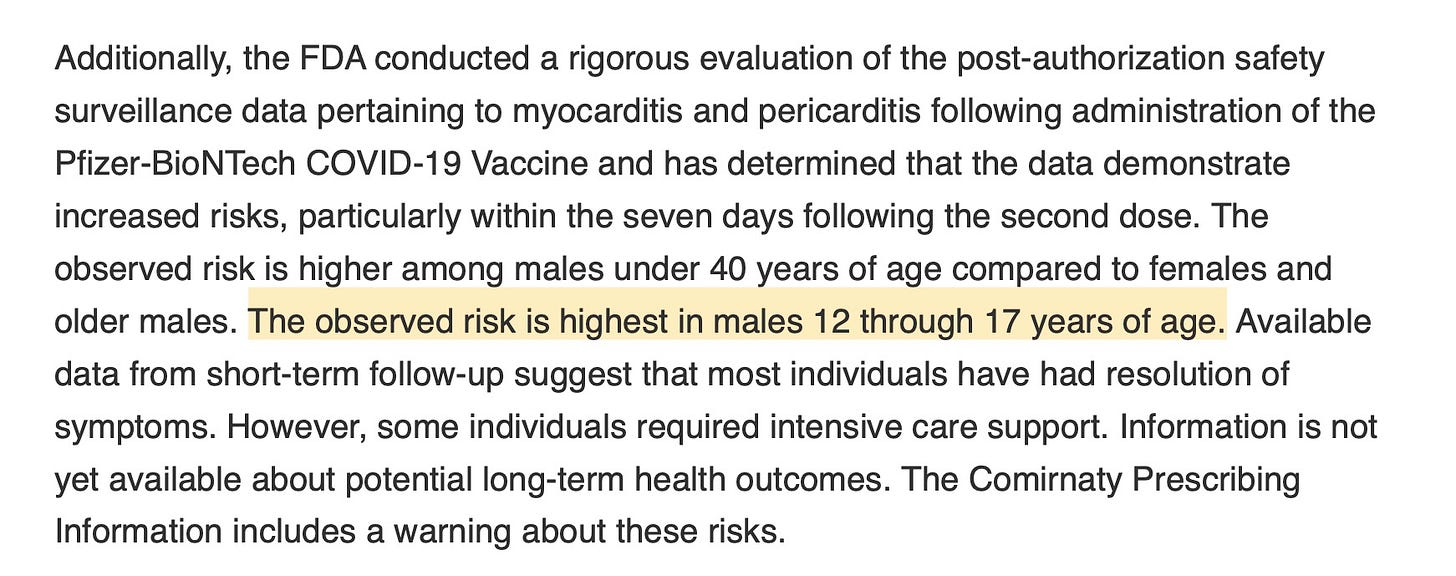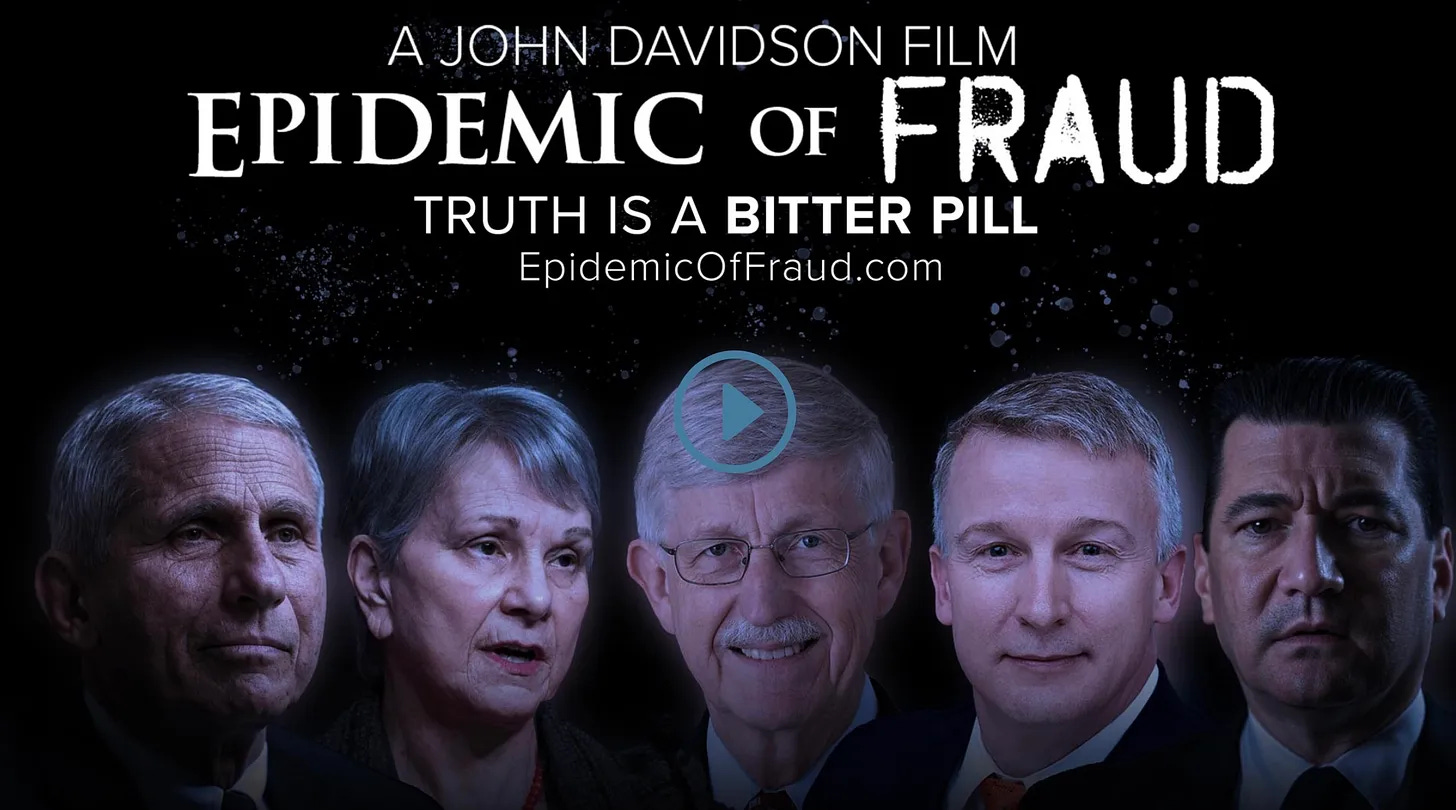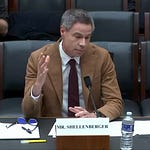In a compelling interview on Broken Truth, host John Davidson sat down with Nicole Sirotek, a prominent figure from American Frontline Nurses, to discuss her whistleblowing efforts during the COVID-19 pandemic and her latest initiative to investigate the controversial drug remdesivir. The conversation, which aired on February 18, 2025, highlighted Sirotek’s firsthand experiences in New York hospitals in 2020, her powerful testimony at a Senate event hosted by Senator Ron Johnson, and the launch of a grassroots research study aimed at uncovering the true impact of remdesivir on patients.
A Whistleblower’s Testimony
Sirotek gained national attention in 2020 as a nurse on the front lines in New York, where she witnessed what she describes as egregious medical mismanagement during the height of the pandemic. A clip from Davidson’s documentary Epidemic of Fraud was played during the interview, showcasing Sirotek’s stark allegations. Sirotek claimed that patients receiving more than two doses of remdesivir had a less than 25% chance of survival—a statistic she says was derived from data collected by American Frontline Nurses.
Reflecting on her appearance at Senator Ron Johnson’s event, Sirotek recounted how her unscripted testimony came at the end of a rushed session. “None of that was scripted,” she said. “That was all the hand of God, just saying exactly what we saw at American Frontline Nurses.” Her words resonated widely, contributing to a viral video that she credits with raising public awareness—and potentially reducing COVID deaths as patients began refusing remdesivir.
The Remdesivir Study: A Grassroots Response to Censorship
The centerpiece of the interview was Sirotek’s announcement of a new research initiative: the Remdesivir Adverse Effects and Mortality Study. Frustrated by what she perceives as a lack of unbiased, transparent research—often skewed by funding sources—Sirotek and her team at American Frontline Nurses decided to take matters into their own hands. “We have thousands of hours of clinical research and education between us,” she explained. “Why don’t we just conduct the research ourselves?”
“We have thousands of hours of clinical research and education between us,” she explained. “Why don’t we just conduct the research ourselves?”
-Nicole Sirotek
The study, now live at americanfrontlinenurses.org, invites participants to complete an extensive pre-screening form to help build a population sample. The goal is to analyze medical records and determine remdesivir’s mortality rates and long-term complications, including potential birth defects in children born to mothers who received the drug during pregnancy. “Nobody believes them,” Sirotek said of affected mothers, drawing parallels to the gaslighting she believes has occurred with vaccine-related concerns.
While the study’s design aims to minimize selection bias by not disclosing specific criteria, it asks detailed questions about patients’ experiences with remdesivir, including dosage, pre-existing conditions like kidney issues, and outcomes. Sirotek emphasized the need for independent validation of their findings, noting that funding remains a significant hurdle. “This is a complete exercise of free will,” she asserted. “I don’t need anyone’s permission to conduct research.”
Davidson highlighted the study’s potential legal implications, asking if participants could opt to share their data with attorneys pursuing class-action lawsuits. Sirotek confirmed that such an option would be included in the consent forms for selected participants, urging affected individuals to submit their information as a step toward justice.
Reflections on a Broken System
The interview took a broader turn as Davidson and Sirotek critiqued the public health response to COVID-19, playing clips from prominent figures like Deborah Birx, Paul Offit, and Francis Collins. Birx’s recent admission that COVID vaccines were not designed to prevent infection but rather to reduce severe disease in high-risk groups drew sharp rebukes from both. “They fired firefighters for refusing it,” Davidson exclaimed. “Children couldn’t go to school. And there was evidence of myocarditis from the beginning.”
Sirotek agreed, pointing to the societal fallout: “It polarized the country. You weren’t allowed to go into restaurants, you were denied services.” She recounted being banned from a county commissioner’s restaurant for advocating against vaccine mandates, underscoring the personal toll of speaking out.
The Offit clip revealed internal debates among health officials about whether natural immunity should count as vaccination—a discussion that never reached the public. Collins’ reflection on the “public health mindset” prioritizing lives saved over collateral damage—like economic ruin and educational setbacks—left both Davidson and Sirotek incredulous. “A mistake?” Davidson questioned. “That caused thousands of people to die and become permanently disabled. They intentionally suppressed early treatment options.”
A Call to Action
Sirotek closed the interview with a plea to viewers: “If you or a loved one was negatively affected by remdesivir, even if they survived, go to AmericanFrontlineNurses.org and fill out that form.” She stressed the urgency of the research, particularly for pregnant women whose concerns about birth defects have been dismissed. Davidson, meanwhile, expressed hope that grassroots efforts like this, coupled with emerging leadership like Robert F. Kennedy Jr.’s, could finally unearth the truth buried by years of institutional cover-ups.
The conversation between Davidson and Sirotek painted a picture of a healthcare system rife with mistrust, where frontline workers and affected families are stepping up to demand accountability. As the Remdesivir Study gains traction, it may well become a pivotal moment in the ongoing reckoning with the pandemic’s legacy—one driven not by official narratives but by the voices of those who lived it.
A new updated to our award-winning documentary “Epidemic of Fraud” was recently posted. Learn how the people who helped bring fentanyl to the market tried to convince the American people that a drug similar to tonic water was deadly. With new updates, statistics and retractions sprinkled throughout, it’s a movie anyone concerned with medicine, media and public policy should see.
Watch now.














Share this post